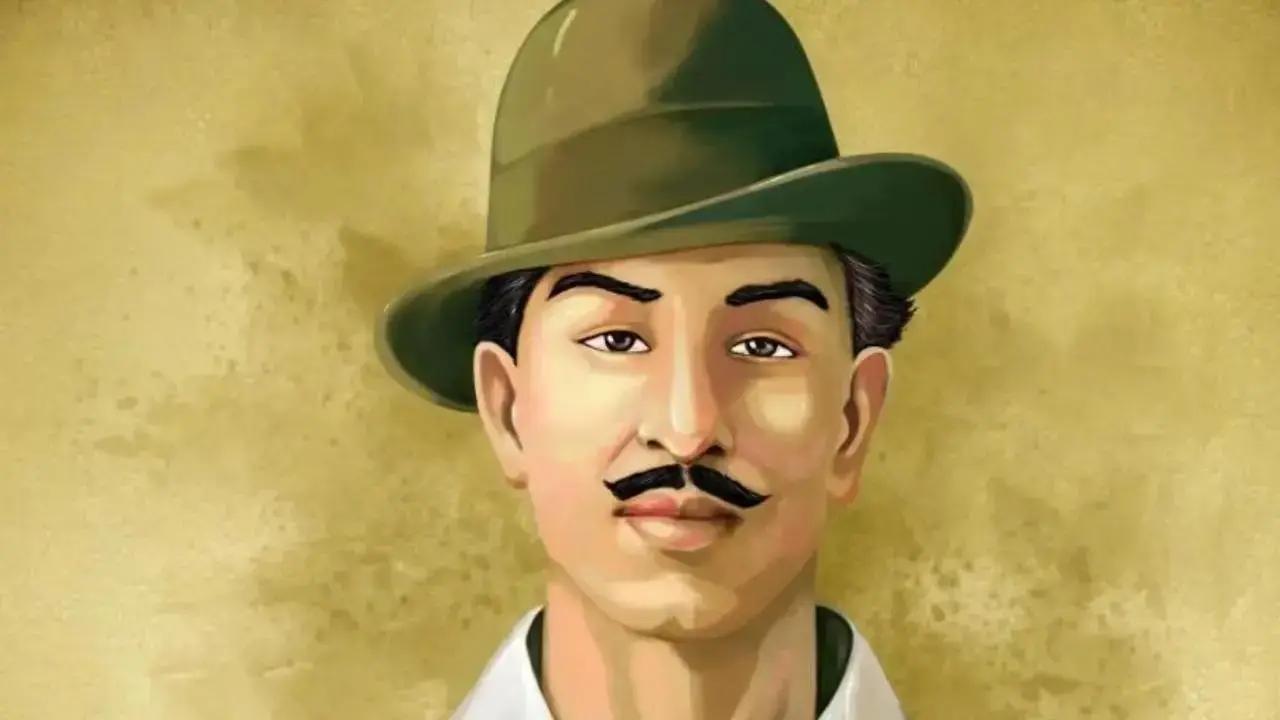India observes the death anniversary of Bhagat Singh on March 23, was a renowned fighter for Indian freedom, known for his courage, sacrifice, and unwavering commitment to the cause.

Bhagat Singh/ File Pic
On March 23, India marks the death anniversary of Bhagat Singh, one of its most respected liberation fighters. His name conjures up images of courage, sacrifice, and unflinching commitment to the cause of Indian freedom.
ADVERTISEMENT
Bhagat Singh, born on September 28, 1907, in Punjab, was a revolutionary who played a vital role in the Indian Independence Movement. His brave acts and passionate writings made an indelible impression on the nation's history.
One of Bhagat Singh's most significant accomplishments was his prolific writing. Despite his young age, he possessed a sharp mind and a thorough awareness of colonial India's sociopolitical milieu. Bhagat Singh's writings outlined his vision for a free and fair society, encouraging many people to join the war for independence.
Among his most notable works is the pamphlet "Why I am an Atheist," in which Bhagat Singh articulately explained his rejection of religious dogma and devotion to rationality. This unflinching assertion of his convictions revealed his intellectual integrity and reluctance to bend to societal expectations.
Bhagat Singh's writings were more than just expressions of personal ideology; they were effective weapons for mobilising the masses against British colonialism. His essays and articles, which appeared in newspapers and revolutionary literature, helped to galvanise popular opinion and fan the flames of resistance to oppressive British policy.
In addition to his writings, Bhagat Singh's actions spoke volumes about his unwavering commitment to the cause of Indian independence. He famously avenged the death of Lala Lajpat Rai by orchestrating the assassination of British police officer John Saunders. Despite facing imminent arrest, Bhagat Singh remained resolute in his determination to fight for freedom.
Perhaps Bhagat Singh's most famous act of defiance was the bombing of the Central Legislative Assembly in Delhi on April 8, 1929. This bold attempt was intended to protest the British government's oppressive policies and question the legitimacy of colonial control. Although the bombardment was non-lethal and intended to avoid casualties, it shook the British authority and captivated the interest of the Indian people.
Ahead of the death anniversary of Bhagat Singh, let's not only pay tribute to his extraordinary courage and sacrifice but also renew commitment to the ideas for which he lived and died. Bhagat Singh's own words, "Revolution is an inalienable right of mankind. Freedom is an imperishable birthright of all."
 Subscribe today by clicking the link and stay updated with the latest news!" Click here!
Subscribe today by clicking the link and stay updated with the latest news!" Click here!












